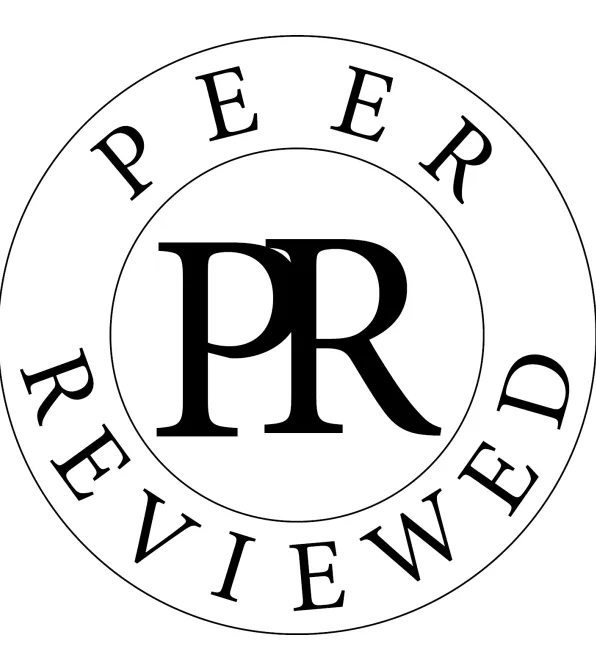“Thought-as-power” as a route to happiness. The shift from positive thinking to toxic positvity in the context of conspiritual discourse in the U.S.

The ideology of positive thinking is rooted in the history of New Thought, a spiritual and secular movement dating back to 19th-century transcendentalism in the U.S., with profound implications in the religious, cultural, economical, and political aspects of American history. More precisely, New Thought is «a spiritual and philosophical movement based on religious and metaphysical concepts, along with the ideas of mental science», which spread on a worldwide scale in the 20th century and has recently come under scrutiny again with the figure of Donald Trump. Among its contemporary core beliefs, we find the following statement: «There is power in meditation, prayer, and positive thinking». Hence, positivity is listed as an integral part of New Thought, which «[…] set the stage for what we now know as the prosperity gospel and all the contemporary societies, organisations, institutes, books, and training programs dedicated to improving an individual’s mental, physical, social, and economic well-being». Positive thinking is now understood as the sum of those practices or discourses that: 1... continua a leggere
tag: Conspiritualità, cospirazionismo, pensiero positivo, positività tossica, ricerca della felicità
torna su








